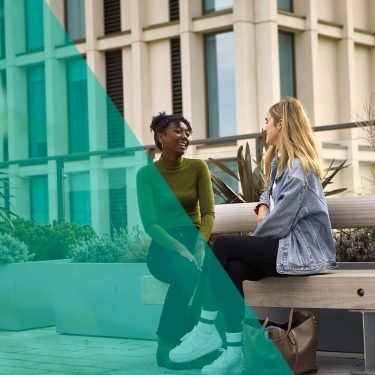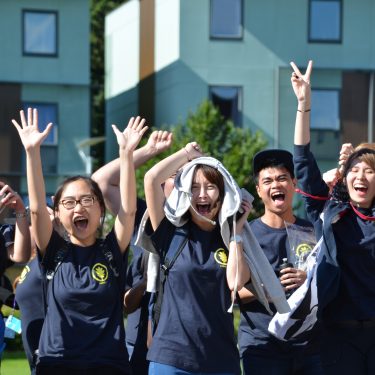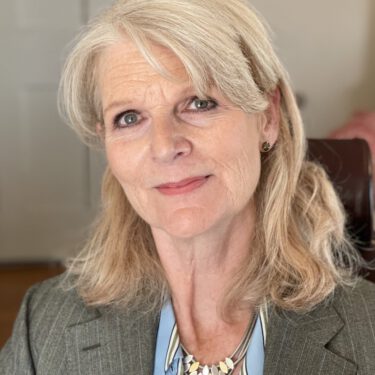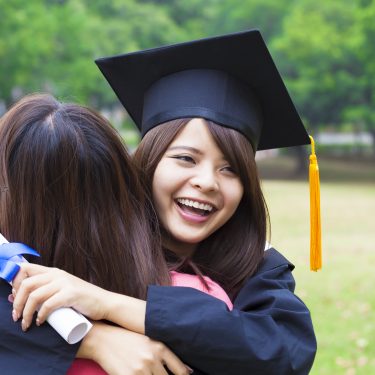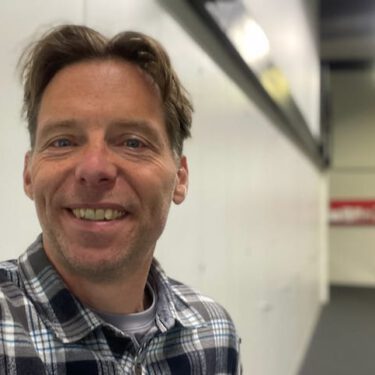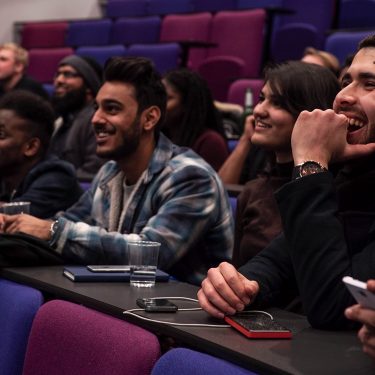Professor Juliet Foster, Dean of Education at King’s College London, reflects on our second oral evidence session.
The Student Futures Commission second oral evidence focused broadly on the student experience, covering mental health and student wellbeing, as well as looking at how student engagement in their universities and their wider communities can help support a sense of place and belonging. We sensed that belonging – with an emphasis on social connections and lived experience – sits front of mind when exploring the student experience, and wanted to look further at how this has been disrupted by the pandemic.
“Uncertainty” characterises the lived experience for most people at the moment, but especially for students
It was clear from our witnesses that many students felt that they had lost control and agency over their university experience. The ongoing uncertainty was felt by those at the session to be contributing heavily to the anxiety and unease felt by students’. This ranges from incoming students anxious about whether their teacher assessed grades will be seen as ‘valid’ by universities and employers both this year and in the future, returning students struggling to maintain friendships they have made virtually for the majority of the year, and final year students, who are starting to worry about future employment, the state of the jobs market, and the low number of opportunities for work experience. The increased need for effective communications emerged as an important theme, and something we will explore further with the commission over the coming weeks.
“we’re going to have a group of students, both new and returning, coming to university in September, who have spent the majority of their studies in extreme uncertainty” –
Mhairi Underwood, The Student Room
While a huge effort has been made to ensure that students haven’t missed out on teaching and learning content this year, it’s clear from our witnesses that many students have lost out hugely on the social side of their university experience.
We heard from Mhairi Underwood, Head of Student Voice and Diversity at the Student Room that less than half of current students they surveyed felt like they had a support network they could reach out to or that they knew how to connect with their classmates. This chimes with the results of the poll the Commission ran with Group GTI, which found that 85% of students surveyed had found it more difficult to make friends at university, and 78% had struggled to maintain the friendships they were able to make. Finding a way for digital learning to take place in a social way has been a new challenge for institutions, which is likely to continue into the future.
Everyone is going to need help with an ‘induction’ next year.
Many second year students currently only have a little more experience of ‘on campus’ life than the incoming first years. This ties in with the recent research done by the Brilliant Club for the Commission on the need for a ‘long and skinny’ induction model – and the need to extend activities for much more than a week or two at the beginning of term. We know that many institutions are thinking about running induction activities for twice as many students this year – both to re-engage students in university life and to support students with that re-entry. While some students might struggle to engage with university life, there were also concerns raised that students will be eager to double down on missed opportunities, going “twice as hard” to throw themselves back into the student experience.
The inevitable increased need for student support highlighted that a whole university approach to student mental health and wellbeing is vital to getting the support right.
This includes staff wellbeing, a critical part of students’ wellbeing for all institutions. In particular, as Dominic Smithies, Student Voice and Equality Lead from Student Minds noted, many issues around wellbeing stem from anxieties about other practical and structural parts of a student’s experience – concerns about financial hardship, exacerbated by the lack of part time work in hospitality and retail during the pandemic, or about housing, their family, or their studies. It was positive to hear that student services are working well online, with services easier to access and ‘triaging’ ensuring that students are connected to the support services they need.
However, as before the pandemic, students shouldn’t be left to reach a ‘crisis point’ before accessing support available to them.
Dr Camille Kandiko Howson, Associate Professor Education at Imperial College London, highlighted the important role that departments can play in this, and departmental student wellbeing officers have played a huge role in connecting students to resources and support. We also discussed rethinking organisation design to reflect the expanding definitions of student experience, with ‘Chief Students Officer’ roles that, at a senior level, have oversight and influence of the multiple parts of the student experience.
Our second session looked at how the wider student experience might change as a result of the pandemic.
Professor Jane Robinson, Pro-Vice Chancellor for Engagement and Place at Newcastle University, spoke of the collaboration that had occurred between universities, students, and civic partners, particularly during the early months of the pandemic, with the efforts of student volunteering becoming more visible than ever before. Particularly as some groups of students are less likely – or less able – to engage in the traditional extra-curricular activities at university, there was a clear appetite from the witnesses in this session to move to embed some of this engagement into curriculum delivery. Professor Jonathan Grant outlined the role service-led learning played across the curriculum at KCL, ensuring that all students had the opportunity to test out content learned in the classroom by applying it in the community. Some institutions are already thinking about how this might work, both in person and virtually, as we heard from Dr Liz Marr in our first oral evidence session.
Recognising the impact students can have and encouraging them to get involved in the civic contexts of their university could potentially be a way to give them back a sense of agency.
This activity can also clearly help students to build the skills they need for future careers, particularly if they have struggled to do this via internships or work experience. Hattie Tollerson, SU President at London South Bank University, outlined the success of LSBU Students’ Union in re-tooling student societies to focus on professional skills, such as organizing conference and networking with professional bodies and Amatey Doku, a higher education consultant at the Nous Group and former NUS Vice President highlighted a new project which trained students to work with their local council tackling community issues.
As the country starts to build back after the pandemic, it is clear our universities and students will have a key role to play in this.
Ben Vulliamy, CEO of the University of York Students’ Union, outlined the huge opportunity to engage students in tackling problems at a local and global level as we emerge from the pandemic. When considering how to re-engage and re-invigorate students after a year of uncertainty Dr Camille Kandiko-Howson summed this up best: “it’s about getting this cohort involved in what the world will become.”
The next oral evidence session, on the theme of employability, will take place on the 8th October. Click here to find out more.
Transcripts:
[Part One: Student Support and Wellbeing]
[Part Two: Student Experience and Engagement]
